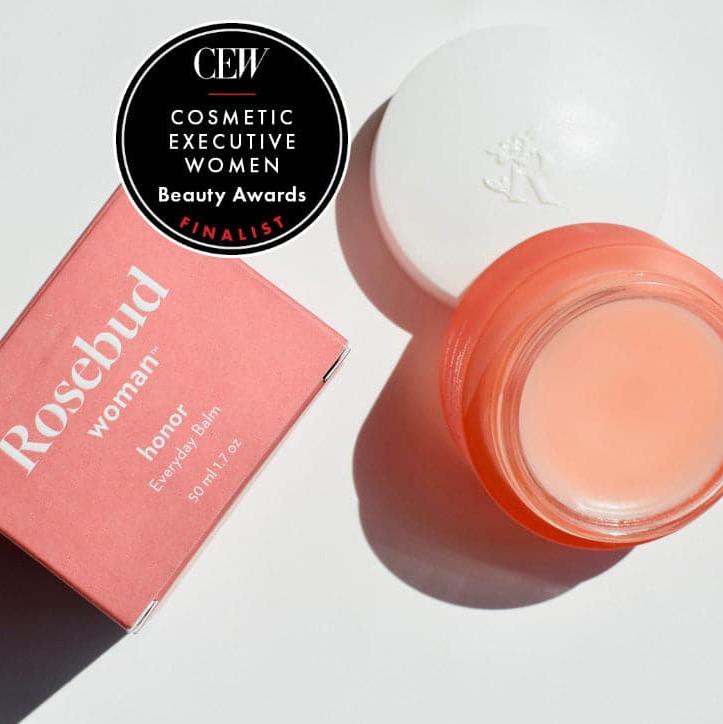Breast Cancer, Body Confidence and Sexual Confidence
Breast cancer is not just a medical challenge; its aftermath poses deep emotional and psychological ramifications. For many American women recovering from breast cancer treatments, navigating issues of body confidence, desirability, and sexuality becomes a nuanced journey. These challenges are further intensified against the backdrop of American cultural standards of beauty. However, delving into a deeper spiritual understanding, where one's identity is not solely anchored to the body, invites a new perspective on the relevance of physical changes to one’s identity and happiness.
Breast cancer treatments, whether mastectomy, lumpectomy, radiation, or notably, chemotherapy, obviously lead to significant physical changes on the breast itself. Within the cultural context, breasts are symbolic of femininity. Hence, their alteration or loss can feel like an erasure of a familiar aspect of womanhood, making many survivors feel distanced from societal beauty norms.
Beyond the tangible physical changes, there's the emotional terrain of desirability. Survivors report grappling with concerns about being perceived differently or, even worse, being seen with pity. This altered sense of desirability is compounded by the glaring lack of representation of breast cancer survivors as figures of allure in the media.
Then there's the domain of sexuality. This central facet of human identity often undergoes tumult post-cancer treatments. Side effects like reduced sensitivity combined with diminished libido due to chemotherapy, leave many women reevaluating their sexual identities. There are secondary physical changes, such as vaginal dryness that come with the territory. Reduced libido can further amplify feelings of detachment from one's previous self.
This transformation can be a challenge to intimate relationships as well as personal sexual satisfaction.
Addressing these concerns requires a multifaceted approach. At the societal level, we would love to see the media take the lead by offering a broader representation that showcases all body types, including those of breast cancer survivors. This inclusivity can begin to normalize a more diverse range of beauty standards.
For the individual woman and her family, emotional and psychological healing is as essential as physical recovery. Counseling and support groups can serve as sanctuaries, allowing survivors a safe space to express, share, and heal. Workshops focusing on empowerment, self-love, and body positivity can play a pivotal role in helping women rebuild their relationship with themselves.
We also recommend investigating where the social body norms live in our own psyches. (On that note, I have written a Body Love Journal with prompts to investigate this, and to encourage more daily self care.)
And yes, addressing sexuality is paramount. It’s a critical part of many marriages and relationships, and such a source of pleasure in life. Comprehensive sexual education for survivors and their partners can offer strategies and understanding to rediscover intimacy in the new context.
Perhaps the most profound healing can emerge from a spiritual perspective. Recognizing that the true self isn't bound to the physical body can be transformative. The body is, by nature, transient, evolving with age, experiences, and circumstances.
Many spiritual traditions view the body as a vessel, a temporary abode for the soul or consciousness. By nurturing this viewpoint through meditation, spiritual readings, and retreats, survivors can transcend societal standards and anchor themselves in a deeper, unchanging sense of self.
Breast cancer, with its myriad challenges can also pave the way for profound self-reflection and rediscovery. Recognizing the inherent value of the individual, beyond just the physical, can guide survivors towards a path of deeper healing and understanding. This journey, while undoubtedly demanding, also holds the promise of redefining and reclaiming one's identity in its most authentic essence.
Read more about vaginal dryness after cancer and try Honor Everyday Balm to help ease dryness and discomfort.
























